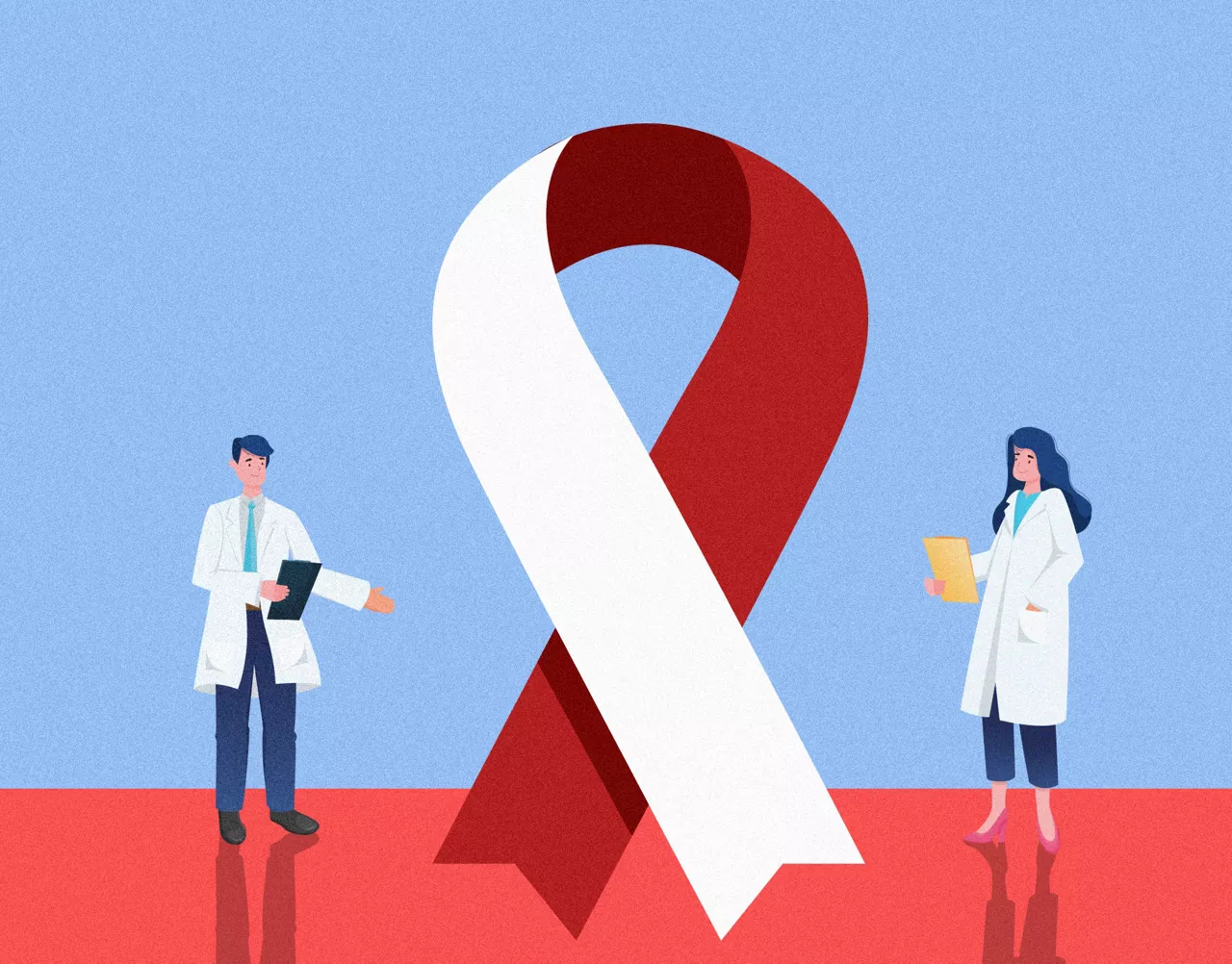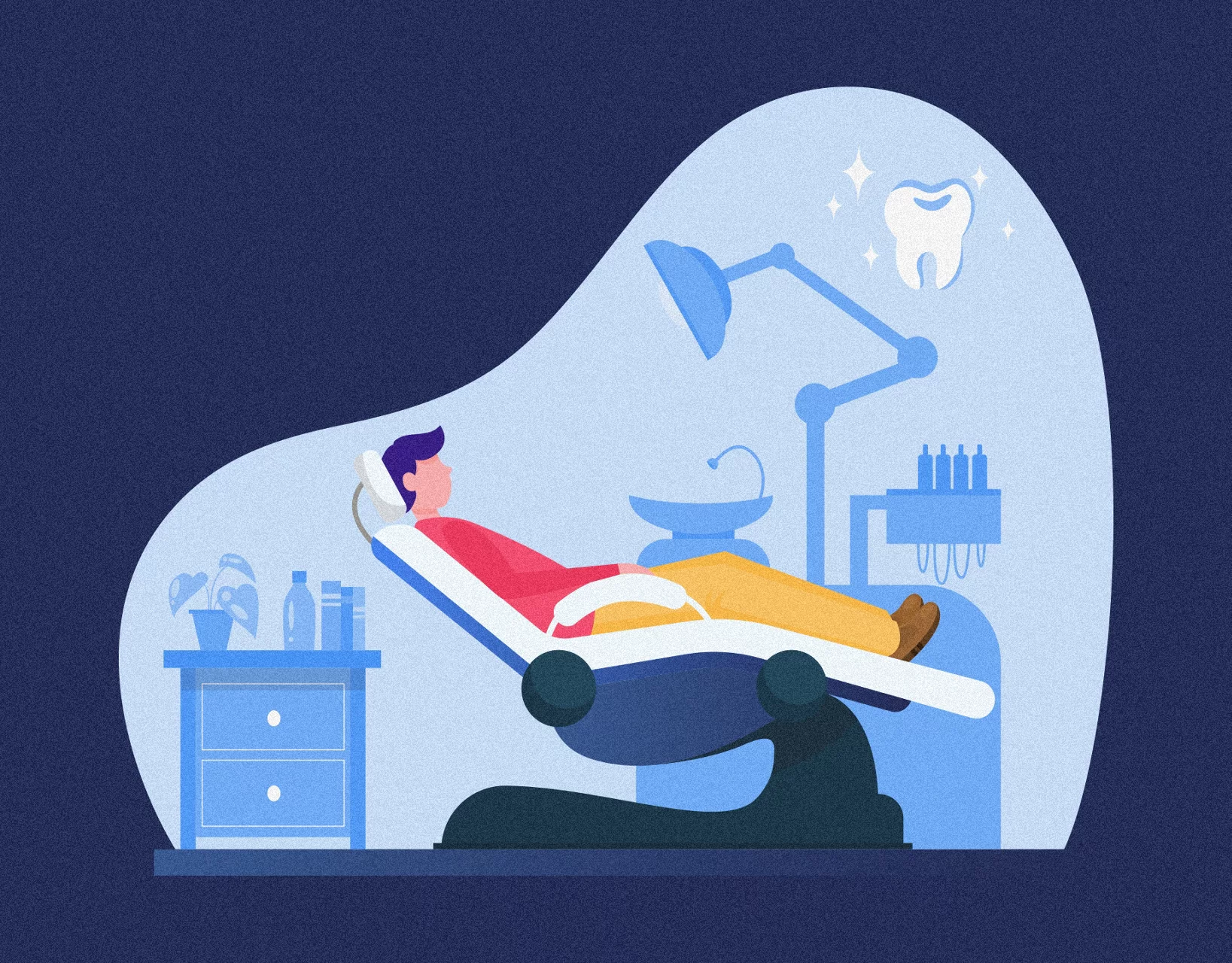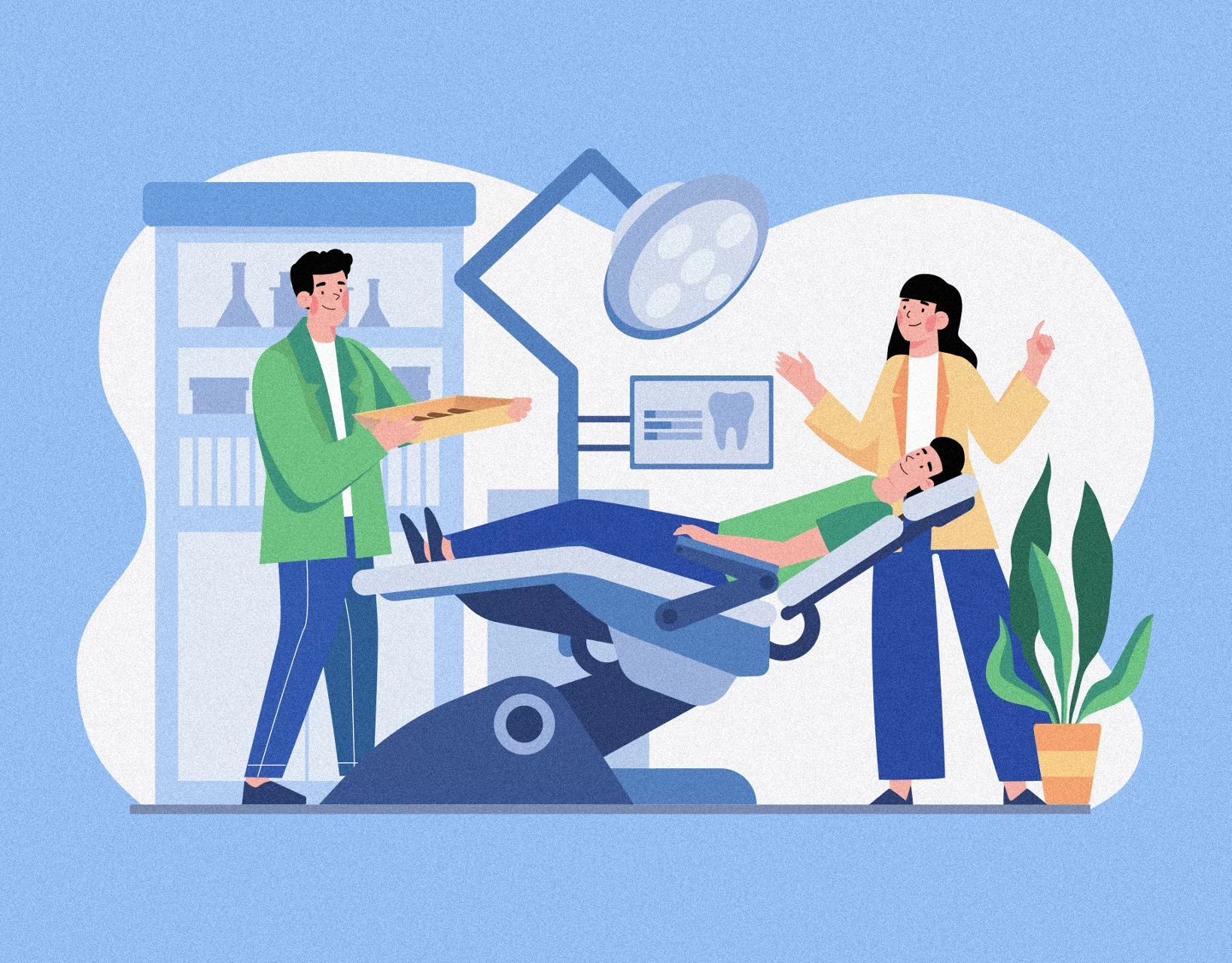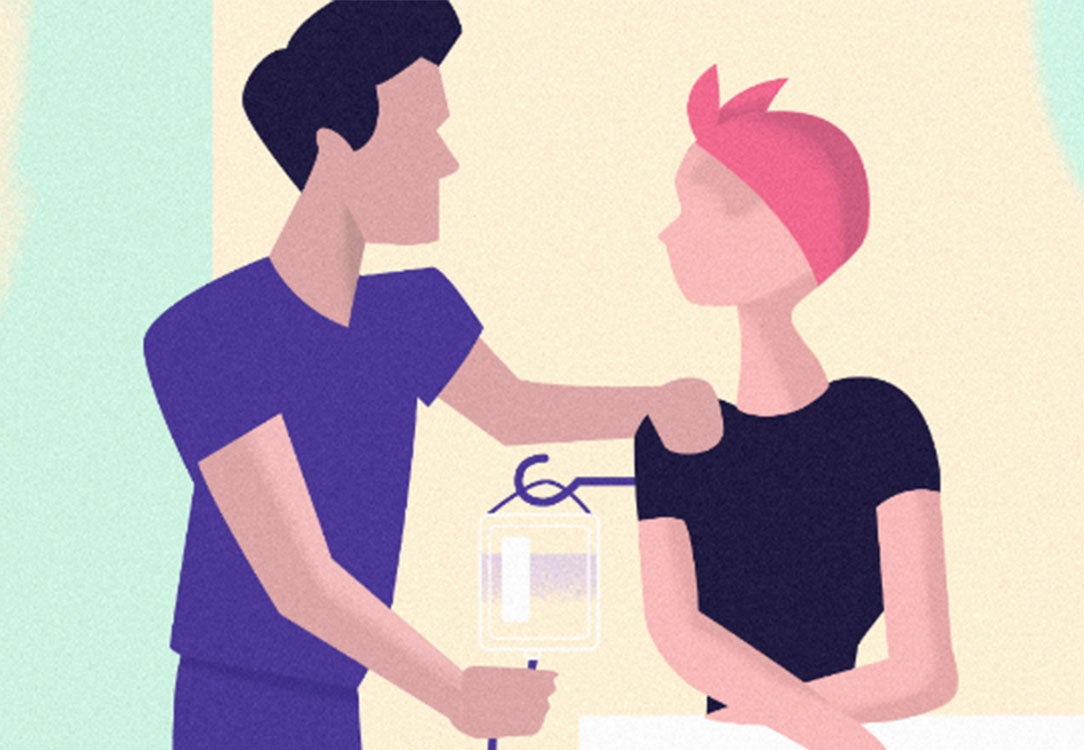Oral cancers are one of the easiest cancers to spot and diagnose, and if treated early, it has a high survival rate.
- OVERVIEW
- ROUTINE CLEANING
- DENTAL HYGIENE
- CANCER SCREENINGS
- X-RAYS/IMAGING
- DENTURES
- TELEDENTISTRY
- DENTAL SEALANTS
- FLUORIDE TREATMENT
- FILLINGS
- SEDATION DENTISTRY
- DENTAL CROWNS
- BRIDGES
Oral Cancer Risk Factors
Oral cancer has a significantly higher survival rate when detected early, and while oral cancer screenings are effective for treatment, that’s not the case for most patients.
Certain lifestyle habits such as smoking, drinking alcohol, poor diet, and sun exposure may increase the risk of developing mouth cancer. Research shows that about 75% to 90% of all oral cancers are associated with cigarette smoking.
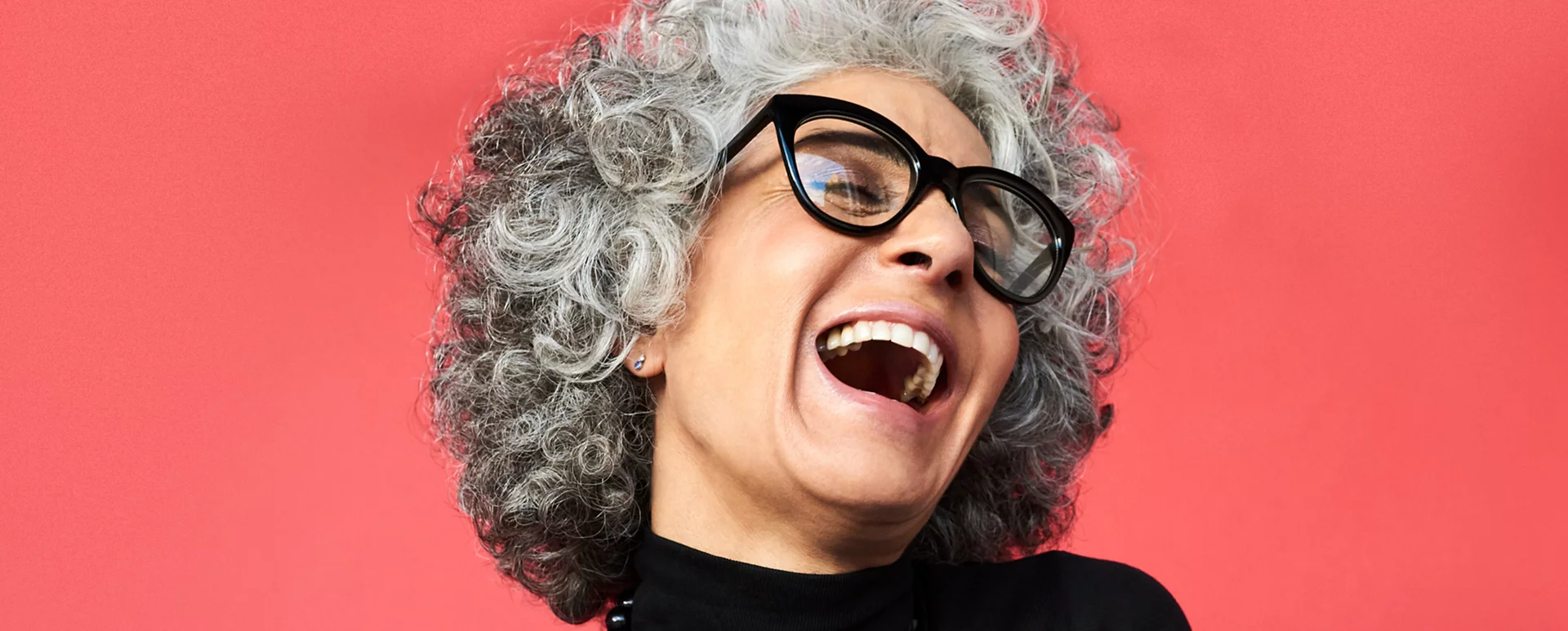

Book an Appointment Today
With early detection, oral cancer can be treated more successfully. Schedule an oral cancer screening and get ahead with preventative care.
Got questions?
If you have questions about oral cancer screening, we saved you the trouble and provided answers to commonly asked questions. Find your answers just a click away.
A Dental Savings Plan is not insurance, which means you do not have to wait before receiving a service while insurance clears. Instead, a Dental Saving Plan is a membership program, which means you may get discounts from participating dentists for things like cleanings, x-rays, and a variety of other services.
First, a Periodontist is a Dentist. However, Periodontal Specialists diagnose, prevent and treat periodontitis, receding gums, inflammation, tooth loss (dental implants), and other chronic tissue loss of the teeth. Further, a Periodontist completed an additional three (3) years of training after graduating from dental school.
Smile Generation Dental Plan offers significant discounts on dentistry. Since it is not insurance, there are no deductible or annual maximums. Dental plan members pay an annual fee up front rather than monthly premiums like traditional dental insurance. There are also no waiting periods with dental plans so you can get the treatment you need immediately.
Yes. One of the most extraordinary things about the Smile Generation Dental Plan and private dental insurance is that it does not have to be an either/or proposition. Instead, they can work together to reduce your overall cost of dental treatment. Smile Generation Dental Plan supplements private dental
insurance. Some people use the dental plan to reduce out-of-pocket costs if they need treatment while waiting for their coverage to begin. Others use it to discount cosmetic treatments, which are not covered by most dental insurance. Some members get the most out of their dental insurance
benefits by applying the discounted dental plan fee against the annual maximum amount.
Applying for a Smile Generation Dental Plan is easy! Visit www.smilegenerationdentalplan.com from the comfort of your home, and you can purchase your plan right there. If you prefer a personal touch, feel free to give us a call at 1-855-935-5365, and our friendly team will assist you. Alternatively, you can drop by a local Smile Generation-Trusted office if that's more convenient for you.
Absolutely! Adding family members to your plan is simple and convenient. You have a few options to choose from: you can discuss it during your next visit to your Smile Generation- Trusted office, give us a call at 1-855-935-5365, or if you prefer online access, you can log in to your secure Member Portal and head to the "My Account" page. We're here to make it easy for you, so go with the option that works best for you and your family.
Related Posts
Sources
Mayo Clinic. (n.d.). Oral Cancer Screening: What You Can Expect. https://www.mayoclinic.org/tests-procedures/oral-cancer-screening/about/pac-20394802
Dentistry IQ. (n.d.). 10 Steps to Perform an Oral Cancer Screening. https://www.dentistryiq.com/dentistry/oral-cancer/article/16350620/10-steps-to-perform-an-oral-cancer-screening
Colgate. (n.d.). Oral Cancer Screening: What to Expect. https://www.colgate.com/en-us/oral-health/cancer/oral-cancer-screening-what-to-expect
WebMD. (n.d.). Oral Cancer Screening: What to Expect. https://www.webmd.com/cancer/oral-cancer-screening


